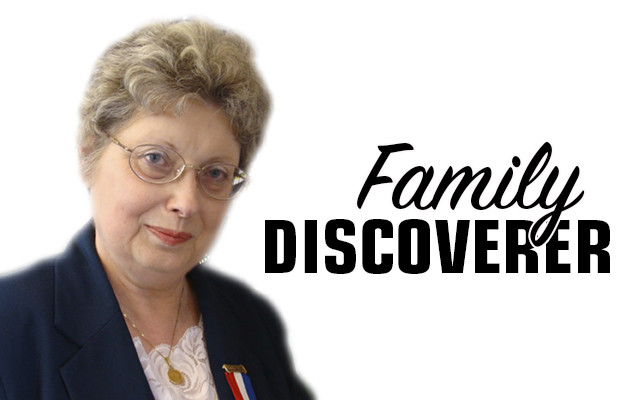
Tracing adoptions in your family tree
By Nancy Battick
For many years obtaining copies of adoption records was impossible. Adoptees were denied their original birth certificates, which were sealed, and they had no recourse when it came to tracing their biological parents. Many adoptees were never told they were adopted. Some learned only after their adoptive parents had died.
Much has changed, but obtaining adoption records depends on the state you live in.
Many states, including Maine, allow adult adoptees to request their original birth certificates. Note that it is the adoptee who can make this request. There is a fee for the record and the adoptee must provide proof of identity.
Some states allow restricted access. Some information on the original certificate may be withheld. Connecticut is one of those states.
Sealed adoption records or limited-access states require a court order to obtain the record. California is one such state. Adult adoptees are otherwise denied access to their own birth certificates.
There are states that require that the birth parent(s) consent to release their name and personal information before the birth certificate can be issued to the adoptee. Other states have an adoption registry, where birth parents register their agreement to be contacted by an adoptee and adult adoptees can list themselves as seeking their biological parent(s).
All these laws can be frustrating for genealogists and descendants of adopted ancestors who wish to trace their roots. The sad fact is that there is sometimes no way to obtain information about the parent of an adopted ancestor or relative.
There is one bright spot, however. The advent of DNA testing is blowing restricted adoption laws apart. I’m personally acquainted with several people who had their DNA done only to learn they had unknown half siblings or cousins, or that one parent wasn’t their birth parent, often in the case of fathers.
With more people having their DNA done, family secrets can be exposed, allowing adoptees and descendants of adoptees to learn something about their family heritage regardless of the laws.
In today’s world, having a child out of wedlock is no longer a scandal, but a generation ago it was considered shameful and something to be hidden. All genealogists probably have encountered “menopause” babies in families where grandmothers passed off an unmarried daughter’s child as their own. This helped preserve the daughter’s good name and allowed her to marry, have children, and keep her earlier child a secret.
What is hard about not letting adult adoptees learn about their family is health issues. We now know that certain genetic conditions and diseases run in families. While some adoptive parents are given health information about the adoptee’s birth family history, others are not.
We can’t make a moral judgment about a birth mother hiding her identity. It’s truly a personal choice, though I do feel an adult adoptee should have the right to know his or her heritage.
In Maine, adoption records are held at the Department of Health and Human Services in Augusta.
Columnist Nancy Battick of Dover-Foxcroft has researched genealogy for over 30 years. She is past president of the Maine Genealogical Society, author of several genealogical articles and co-transcribed the Vital Records of Dover-Foxcroft. Nancy holds an MA in History from UM. Reader emails are welcome at nbattick@roadrunner.com.